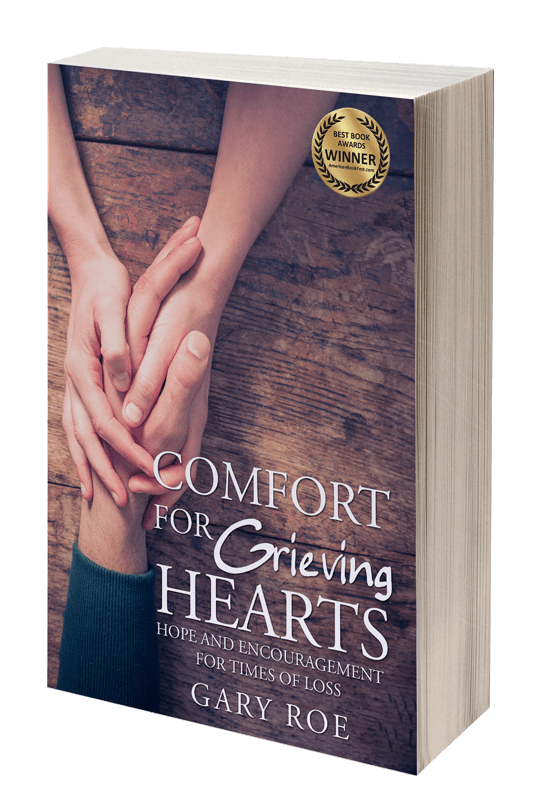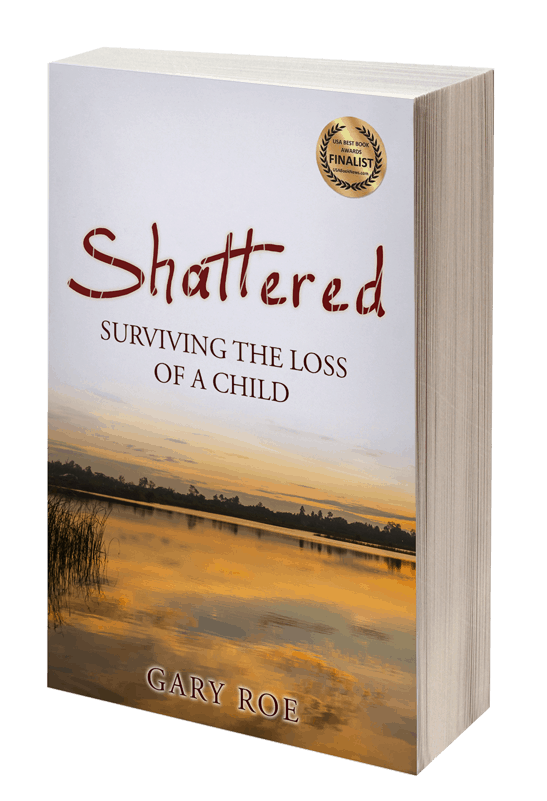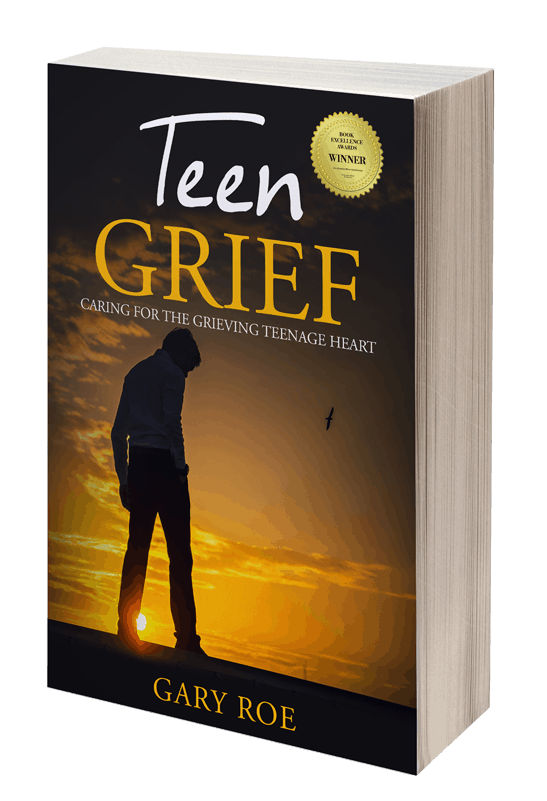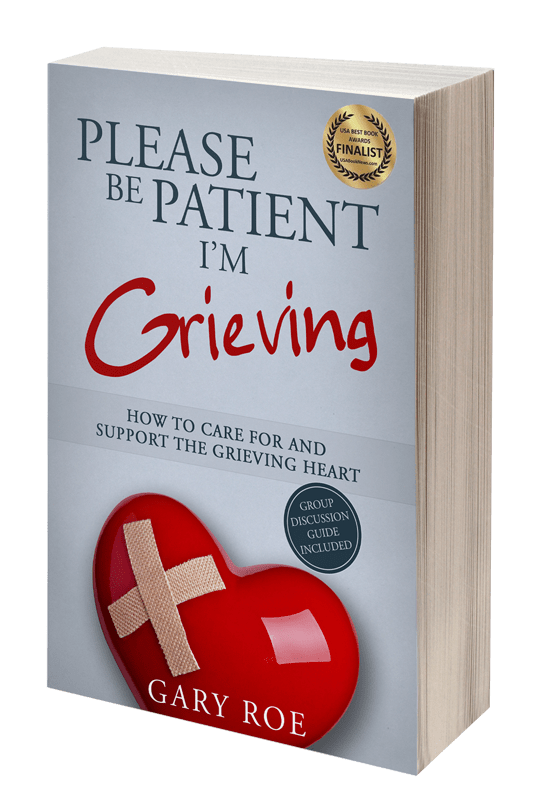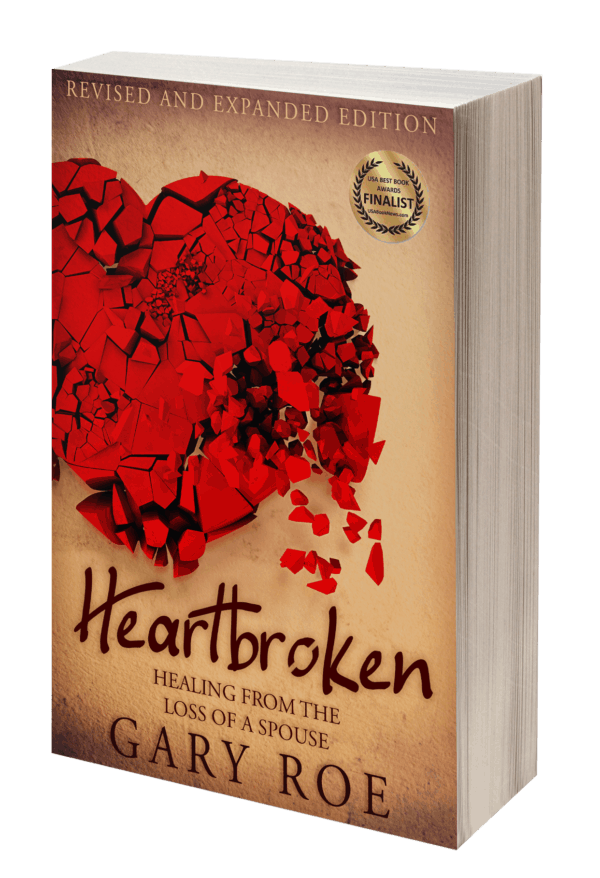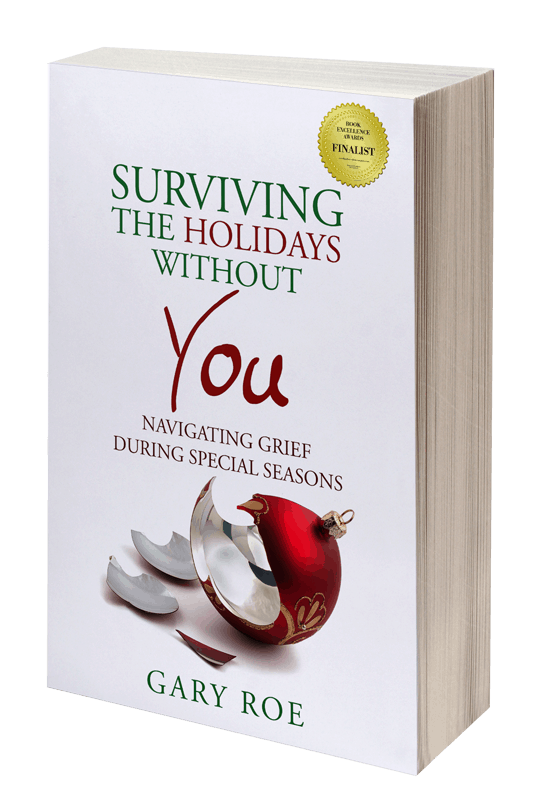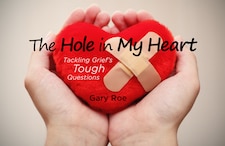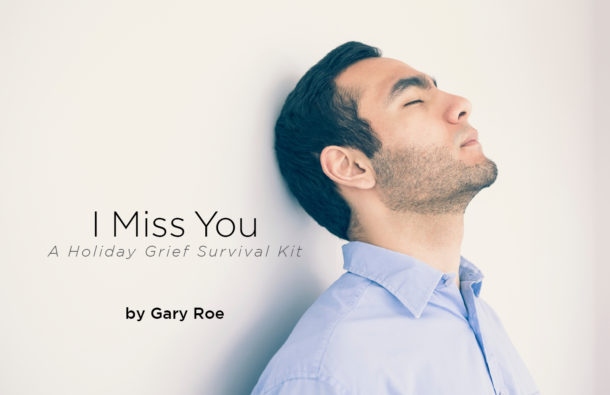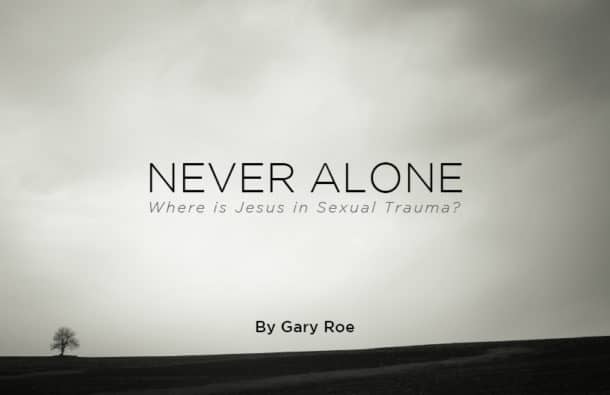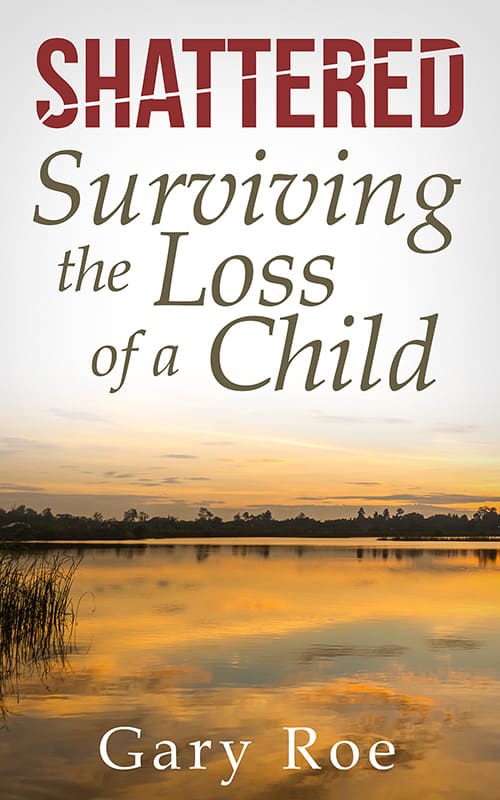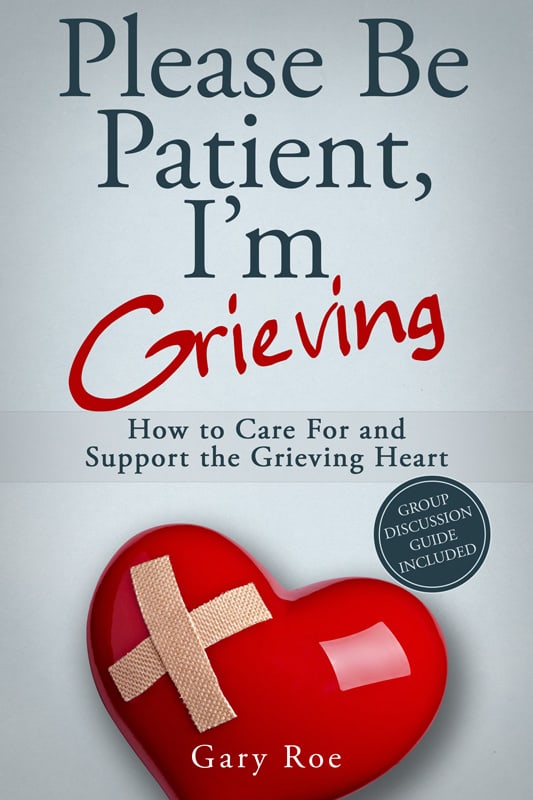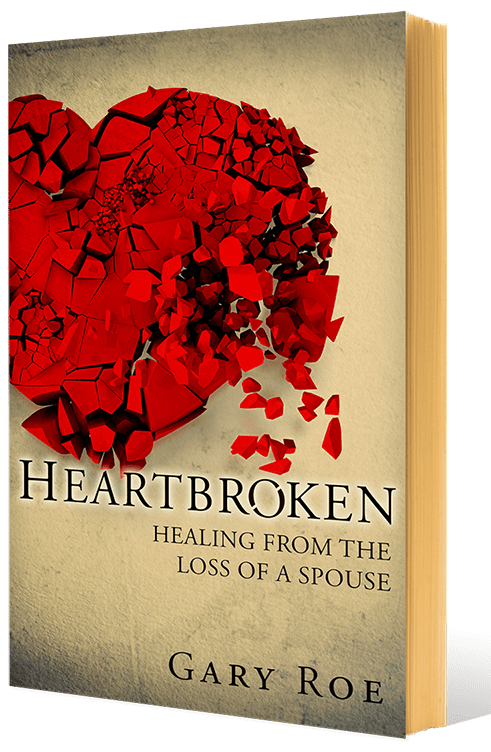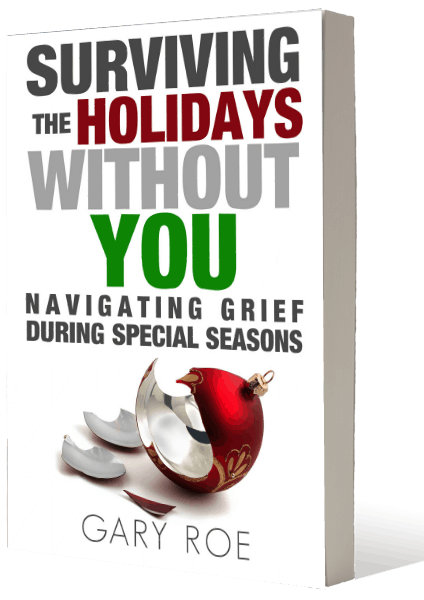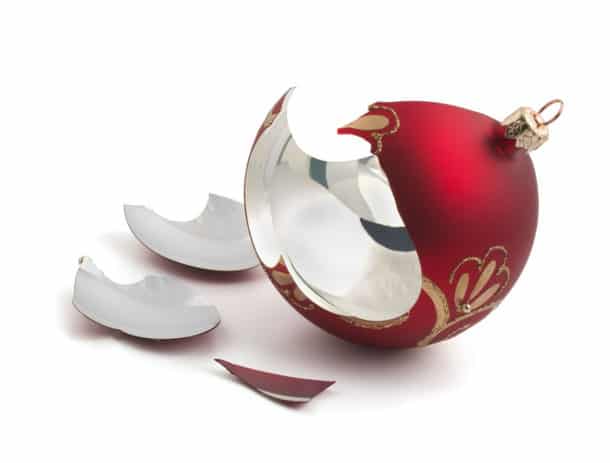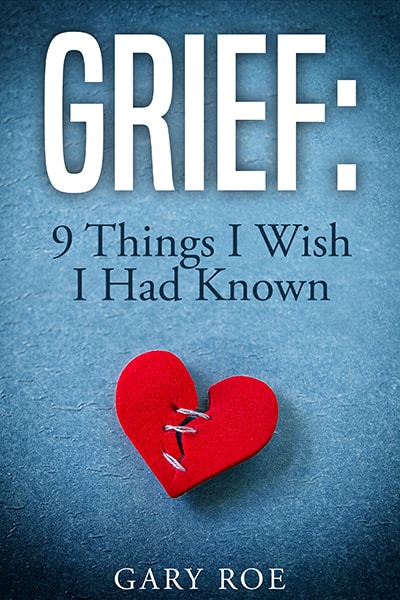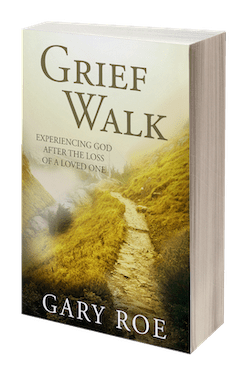[image_frame style=”framed_shadow” align=”left” height=”400″ width=”613″ link_to = “false” prettyphoto = “false”]https://www.garyroe.com/wp-content/uploads/2014/10/photodune-2672340-business-man-hiding-face-s.jpg[/image_frame]
Photo courtesy of ©photodune.net
[div style=”!important; position: relative; top:-15px”]
[dropcap2 variation=”coffee”]H[/dropcap2]ow much time and energy have I spent punishing myself for the things I’ve said and done?
More than I’d care to admit.
What good did it do? Did it alleviate the pain of my failure? Did it solve the issue and restore relationships? Did it help me grow and learn?
Nope.
So why do I do this?
Why We Punish Ourselves
Let’s face it. We don’t always like ourselves. There’s some self-hatred in all of us.
So when we blow it, this seed of self-dislike suddenly bursts into full bloom. Self-punishment is the result.
We dwell on our failures. We feel terrible. We overeat, or starve ourselves. We work ourselves to death, or become ambitionless couch potatoes. We medicate ourselves with our chosen vices.
The results? Our guilt and shame grow. Our deep-rooted dislike of ourselves expands.
It’s My Fault
Guilt and shame have been close companions of mine since early childhood. Sexual abuse played a huge role in this. Though an innocent victim, I blamed myself. Surely it was my fault.
This led to assuming I was to blame when anything went wrong. If I was bad, then everything bad around me was my fault. I became painfully shy. I even pretended I was invisible so that perhaps nothing else bad would happen.
Maybe my case is extreme. But after three decades of listening to people’s stories, I’ve discovered the thread of self-hatred is thicker than we realize. It destroys more lives than we can count.
Our Self-Hatred is Obvious
Our self-hatred parades itself everywhere. Check today’s news. Glance at the headlines. Contemplate our history. Self-hatred has threaded its way to our core. It influences and even determines our lives in ways we’re not aware.
This runs deep. I believe it’s spiritual. And if the problem is spiritual, so must the solution be. It’s ultimately an issue of faith – what we believe about ourselves, the world, and God.
My theology says Jesus Christ died on the cross for me. He shouldered my evil. He willingly received my punishment. My belief system says he did this to set me free from shame and guilt, because he loved me. And as his life was expiring, he said, “It is finished.”
I find myself staring at the cross. It’s as if Jesus is looking right at me.
“It is finished.”
Yet I continue to toy with self-hatred.
If whom I believe to be the Creator and Savior of the universe forgives and accepts me, why do I mercilessly continue this war on myself? When I indulge in guilt, shame, and self-punishment, am I not saying, “Jesus what you did was great and all, but it’s just not enough for me?”
Ugh.
We’re Screaming for Help
No matter what our faith orientation, most of us believe we’re more than mere accidents. We inherently know people are special and have profound value.
Advertising knows our self-hatred well. Most products and services offered are saturated with the message, “You’re worth it!” We’re screaming, “Someone, somewhere, please convince me I matter!” And we’re willing to pay out the nose for anything that promises to help.
We’re desperately trying to prop ourselves up, and it’s not working. In almost every conversation I have, people somehow say, “We’re meant for more than this!”
Yes. More than guilt and shame. More than self-hatred and self-punishment.
How do we get there?
Tune in next time. Maybe we’ll find some answers.
QUESTION: How big of an issue do you think self-hatred is, and why?
[/div]


